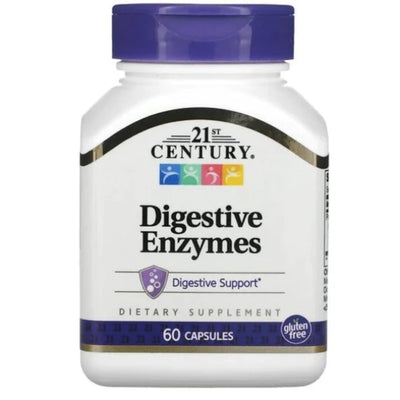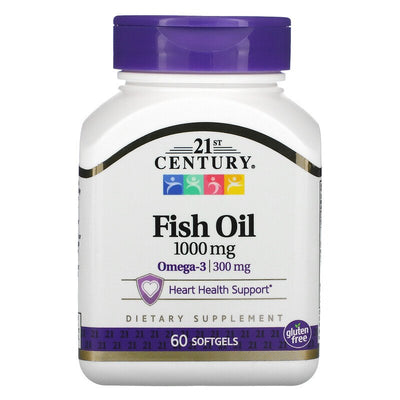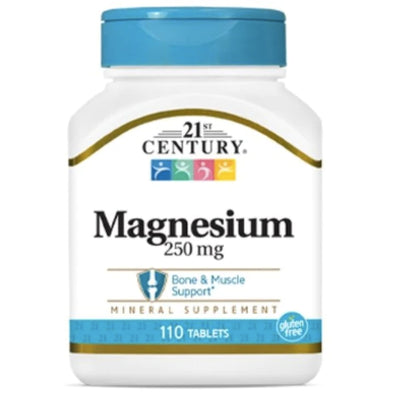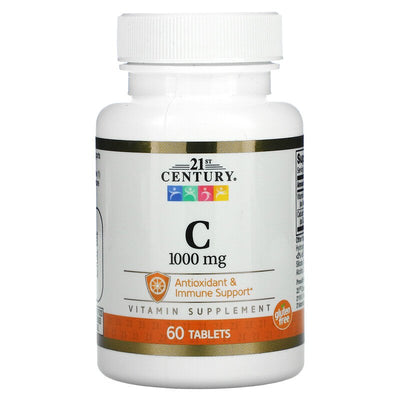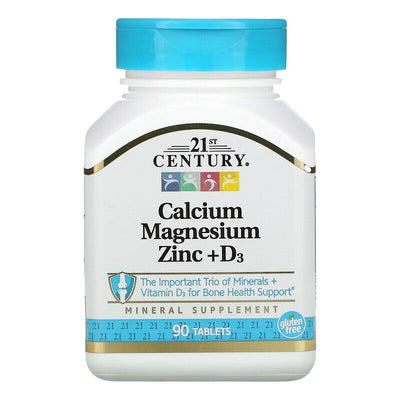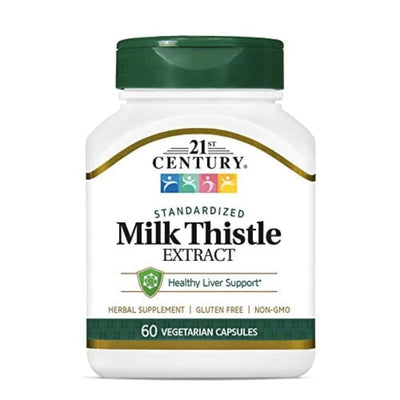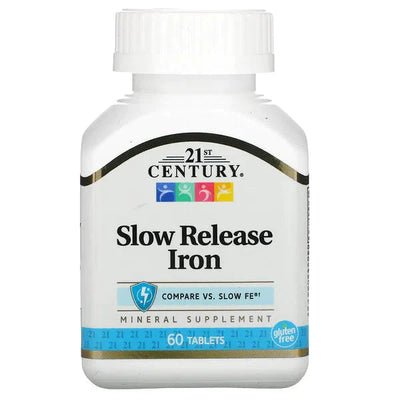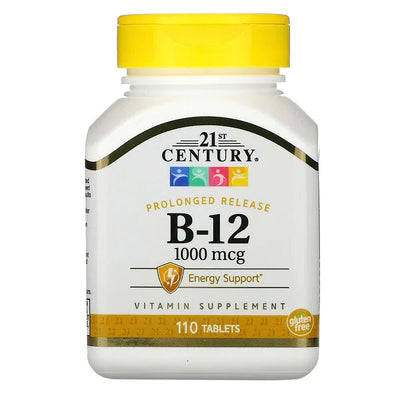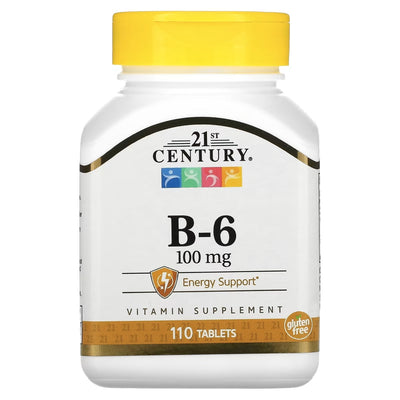
The Powerful Benefits of a High Protein Diet
What is a High Protein Diet?
A high protein diet involves increasing protein intake as a higher proportion of your total daily calories. Proteins are essential macronutrients made up of amino acids, which are the building blocks for many structures and functions within the body. Typically, a high protein diet consists of consuming protein-rich foods such as meats, dairy, eggs, legumes, and protein supplements.
Key Benefits of a High Protein Diet
-
Enhanced Muscle Growth and Strength
- Muscle Maintenance: Protein is crucial for muscle growth and maintenance, especially important if you're regularly exercising. It helps repair and build muscle tissues that are broken down during workouts.
- Increased Strength: Studies show that a high protein intake can lead to improved muscle strength, aiding performance in various physical activities.
-
Weight Management
- Increased Satiety: Protein-rich foods are more satisfying than carbohydrates or fats, which can lead to a reduced overall calorie intake by making you feel full longer.
- Boosted Metabolism: High protein intake has been linked to a higher metabolism due to the thermic effect of food—the energy required to digest, absorb, and process nutrients.
-
Improved Bone Health
- Bone Density: Contrary to popular belief, higher protein intake supports bone health by increasing bone density and reducing the risk of osteoporosis and fractures, especially in the elderly.
-
Better Control of Blood Sugar Levels
- Insulin Sensitivity: A high protein diet can help stabilize blood sugar levels and increase insulin sensitivity, making it beneficial for people with type 2 diabetes or at risk of developing diabetes.
-
Lower Blood Pressure
- Cardiovascular Health: Some studies suggest that higher protein intake can lower blood pressure levels, potentially reducing the risks of stroke and heart disease.
-
Aging and Overall Health
- Healthy Aging: As we age, maintaining muscle mass is crucial. A high protein diet can help preserve muscle mass and strength, contributing to better mobility and quality of life in older adults.
Implementing a High Protein Diet
- Balance is Key: While increasing protein, ensure your diet remains balanced with fruits, vegetables, and whole grains to provide essential vitamins, minerals, and fiber.
- Choose Quality Protein Sources: Opt for lean meats, fish, eggs, dairy products, legumes, and nuts. Plant-based proteins like quinoa and soy are excellent options for vegetarians and vegans.
- Consider Supplements: If dietary sources are insufficient, protein powders can be a convenient way to increase your intake.
Conclusion
A high protein diet offers compelling health benefits, particularly for those looking to enhance muscle strength, lose weight, and improve metabolic health. It's important, however, to approach this diet thoughtfully, ensuring that your overall nutrient intake remains balanced and tailored to your individual health needs. As always, consult with a healthcare provider or a dietitian to create a plan that's right for you and explore the range of high-quality protein products available at Supps247 to support your diet effectively.







